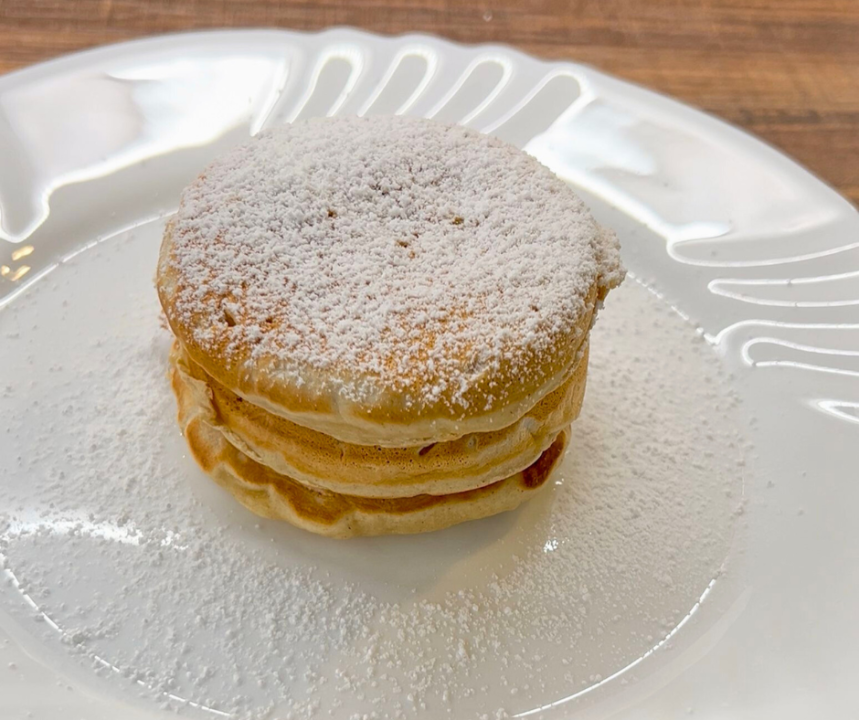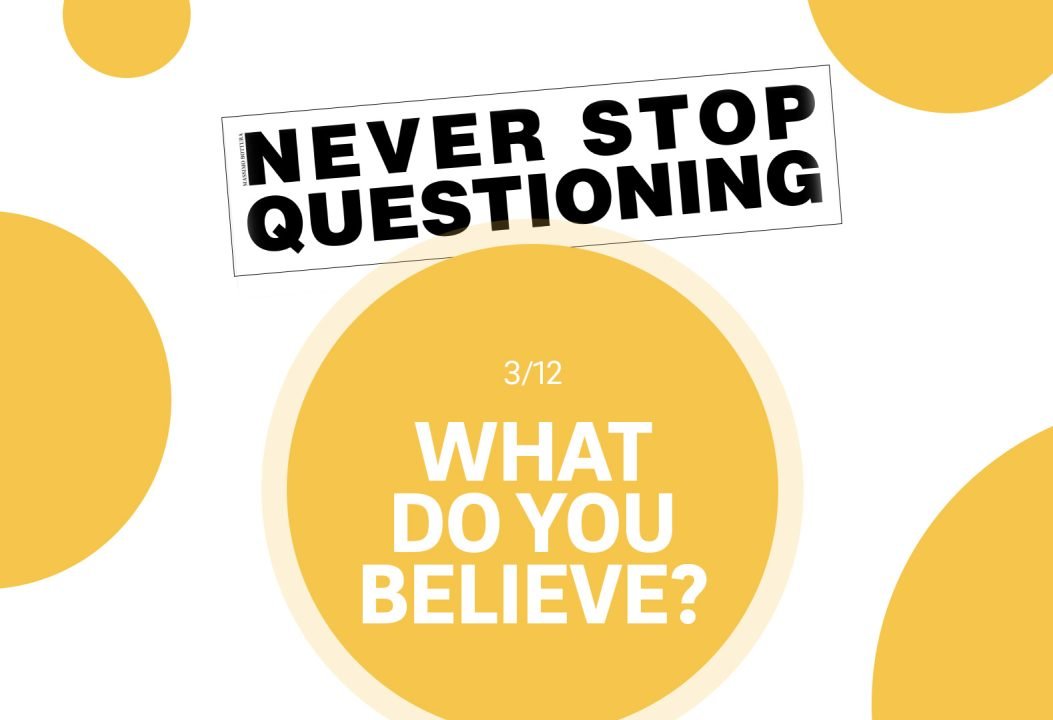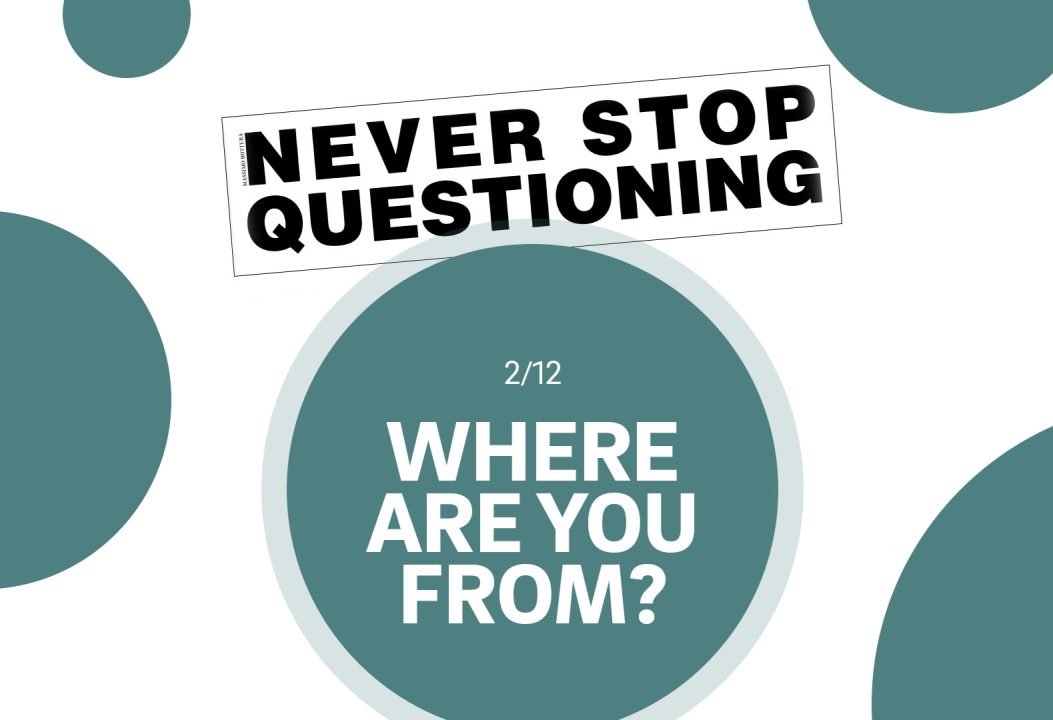Food for soul uses cookies strictly necessary for the proper functioning of the website, for its legitimate interest to enhance your online experience and to enable or facilitate communication by electronic means. To learn more about cookies please see our Cookie Policy
- About Us
- News and Stories
- News
- At school with Bread is Gold

Credits: Western Institute of Technology at Taranaki
How did you hear about Bread Is Gold and its message?
The book was introduced to us as a class resource by our tutor. Watching Massimo Bottura on Netflix Chef’s Table and on Masterclass, gave us the inspiration to read the book and follow his work. The message inspired us to incorporate food waste management and sustainable practices as part of our project work for the Diploma in Professional Cookery Level 5 at The Western Institute of Technology at Taranaki, New Zealand.
What did you learn from this experience? What are you going to take with you?
We learnt the importance of using ingredients sensibly, creatively and to include this as part of modernist cuisine. We learnt about the source and value of ingredients as well as how to best use each element without affecting the overall quality of the dish. This has definitely helped us to look at ingredients differently and we now understand how to use them creatively instead of throwing them away (e.g. banana peel chutney).
What was people’s reaction to the dishes you prepared using surplus ingredients?
Guests that came for our degustation dinner were pleased to see ingredients being used wisely, with focus still being on flavor and plating.
Bread Is Gold’s message has been able to get to New Zealand. Do you think that food can be a vehicle for a common message? Why?
People all over the world are becoming conscious of food waste and sustainability. New Zealand already has a rampant culture of growing our own produce in our backyards. Bread is Gold’s message was used as a live example as to what can be achieved using simple ingredients with very little waste. As Massimo says: “Cooking is an act of love”. Food helps us to write stories and create memories and if we are able to achieve this by sustainable means, then the generations to come will still be able to enjoy the same beautiful ingredients.
What do you think is the role of the new generations in the fight against food waste and in spreading sustainable cooking practices?
We feel that sustainable farming practices should be introduced early on in the education system, so that students can learn from a very young age about the source and value of the ingredients they use. If you are taught the importance of planting and harvesting as a young student, you will develop a much deeper respect for ingredients and an emphasis on nourishment and food waste reduction practices. As the future of this industry, our mission and duty is to use local and sustainably grown ingredients without compromising on quality and flavor. This helps us to work with and promote local producers and to give back to the community in any way we can.
What is the strangest combination of ingredients that you have come across while going through Bread is Gold?
Pomegranate butter with squash risotto was definitely the most unique combination of flavours! As we didn’t have fresh pomegranate in New Zealand at the time, we used pomegranate molasses in the butter which led to a very unique flavor combination.
What was your favourite recipe and why?
We have two top favorites: Tacu Tacu with braised lamb (original recipe has pork) and Bread is Gold dessert. We were inspired by both these recipes and changed some flavours to suit our event. We liked the balance of flavours and textures of the Tacu Tacu with the use of chillies, dark beer and stock in the braised meat. We served this with red cabbage and poached eggs.
The dessert Bread is Gold added an element of drama and texture. We used a fried brioche bun to hold the anglaise and ice-cream. We also used a Bailey’s anglaise to complement the salted caramel ice-cream. For the gold tissue effect we made a tuille to look like a cape and sprayed it with gold.
A special thank you to all the students in Professional Cookery at the Western Institute of Technology at Taranaki who participated in the event: Santosh Acharya, Aravind Anil, Subash Aryal, Harish Chandla, Rajin Chochange, Amit Gautam, Bibek Ghimirie, Sunil Gurung, Kamlesh Karki, Rahul kumai, Maria Soares, Aashish Pun, Akwin Suresh, Kushal Thapa, Pranoy Thomas, Kumiko Tomida, Ananthu Vijaylal, Dona Weeramanthrien, Ervil Somera.
And a big shout out to their teacher, Goonjan Gupta, for celebrating the importance of educating young generations to implement sustainable food practices.








News and Stories
Your Gift Will Help Us Make A Difference Today
Would you help us create a socially inclusive world where no food is wasted, communities are food sufficient and have the tools to thrive?



